Enquiries
A key cornerstone of history is historical enquiry. Quality history provision has historical enquiry at its heart. Through historical enquiry children can be shown how to ask questions, select and evaluate evidence and to make judgments about the past. It can also be a vital way of showing them that there is often more than one side to a story and that history is multi-perspective. Historical enquiry is all about asking questions or hypothesising about the past that we hope the evidence will help us to answer, but getting the enquiry question right is not always easy. In this section you will find resources and guidance that will help you to plan challenging enquiries for your children that will help them to develop as historians.
-

Shropshire's Secret Olympic History
ArticleClick to view -

So was everyone an ancient Egyptian?
ArticleClick to view -
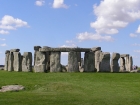
Stone Age to Iron Age - overview and depth
ArticleClick to view -

Stories about people: narrative, imagined biography and citizenship in the key stage 2 curriculum
ArticleClick to view -
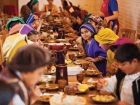
Strange goings-on: exploring the benefits of learning history through outdoor pedagogy
ArticleClick to view -

Studying the Maya
ArticleClick to view -

Teaching Ancient Egypt
ArticleClick to view -

Teaching black British history through local archives
ArticleClick to view -

Teaching history and geography together in a meaningful way
ArticleClick to view -
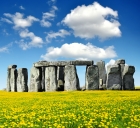
Teaching pre-history outside the classroom
ArticleClick to view -

Teaching the First World War in the primary school
ArticleClick to view -

Teaching the Romans in Britain: a study focusing on Hadrian’s Wall
ArticleClick to view -

The Coronation of King Charles III
ArticleClick to view -
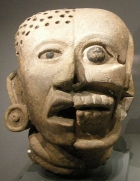
The Maya: a 4,000-year-old civilisation in the Americas
ArticleClick to view -

The Stone Age conundrum
ArticleClick to view -
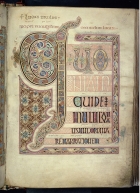
The gall nuts and lapis trail
ArticleClick to view -

The history of medicine – warts and all – for Key Stage 2
ArticleClick to view -
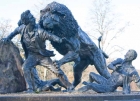
Thematic or topic based whole school curriculum planning
ArticleClick to view -

Thinking through history: assessment and learning for the gifted young historian
ArticleClick to view -

To boldly go: exploring the explorers
ArticleClick to view

